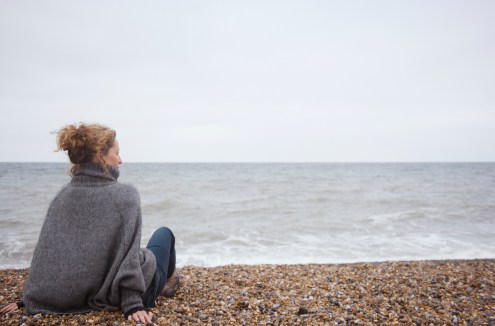How to make office life work for you
Research suggests that the tiniest tweaks to your work environment can make a big difference

Every month, Oliver Burkeman invites you to improve your work life.
The project
Few things make work more annoying than a physical environment you can’t control, whether that’s flickering fluorescent lights or loud-talking colleagues. But there’s hope. Research suggests the tiniest tweaks can make a big difference. Psychologists call it ‘embodied cognition’ – how your surroundings and posture affect the way you think and feel.
The aim
Study your workspace and be alert for subtle details. Keep in mind that if something involves even minimal extra effort, we’ll avoid it. So, to stay hydrated, keep water at your desk; you won’t bother walking to the water-cooler. Likewise, to keep track of tasks or ideas, keep Post-Its within arm’s reach, not in a drawer. And personalise your space with photos; research shows this increases our sense of autonomy and therefore happiness.
The theory
Humans evolved to thrive on the African savannah, not in airless offices. So you’ll work better, and be more happy, if you stay connected to nature. A source of daylight helps, or a pot plant. In one study*, workers took fewer sick days if they worked on the side of an office building facing trees and grass.
Don’t underestimate small interventions: a five-minute walk in the park can make a measurable improvement to mental health, and according to another study,** even green wallpaper on your computer screen is helpful. High ceilings have been shown to aid creativity, so if you can, do important thinking in an atrium or outside.
The simplest rule: make sure your work day involves a few things that existed 250,000 years ago – trees, sunlight, water, face-to-face socialising – instead of just screens.
Now try it out
- Pipe nature directly into your ears. Smartphone apps, such as Noisli, let you pick from a selection of effects (rushing water, rain, twigs cracking underfoot in the forest) to create the ideal outdoor soundscape – never mind that you’re really in a cramped cubicle.
- Create a minimalist work zone. Even if you generally thrive on clutter, keep the area in front of you clear: extra visual information uses up ‘cognitive bandwidth’, leaving us with less attention free to focus on what really matters.
- Don’t be a filing freak. We’re taught from childhood to put things back where they belong. But it makes sense to keep your most-used files and papers on your desk, within easy reach. Filing away the things your need for your work creates a motivational barrier, because it’s then more effort to retrieve them.
Oliver Burkeman is the author of ‘The Antidote: Happiness For People Who Can’t Stand Positive Thinking’ (Canongate, £8.99).
Research: *The Economics of biophilia, terrapinbrightgreen.com. **fertile green: green facilitates creative performance, personality and social psychology bulletin, 2012.
Photograph: iStock








